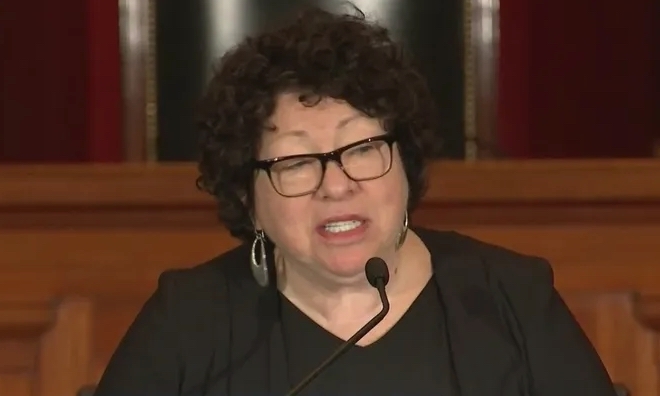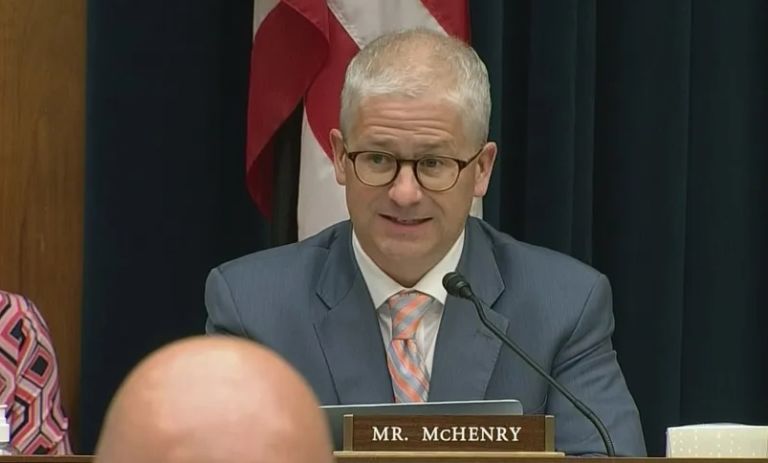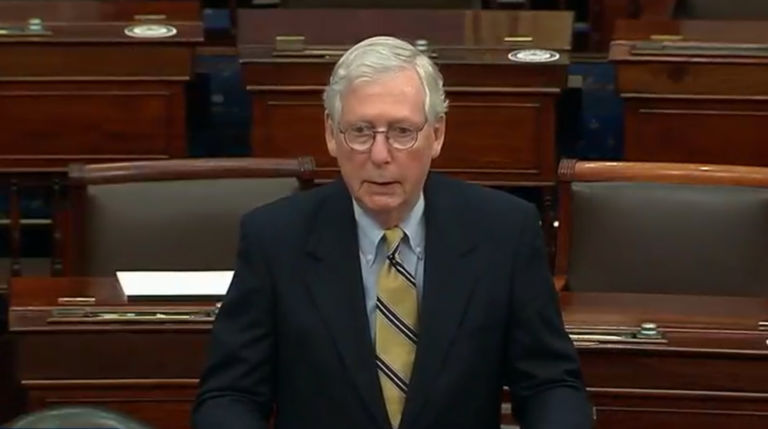Philip Klein of National Review Online delivers an important warning.
In a week when Americans were distracted by the calamity in Afghanistan, landfall of the powerful Hurricane Ida, and the ongoing Delta surge, one could be forgiven for missing news on another looming disaster. But on Tuesday, we got word that the crisis facing our unsustainable entitlement programs will be more severe, and arrive sooner, than many people think.
Each year, the trustees for Social Security and Medicare are required to give updates on the state of finances for the two programs — easily the two largest in the federal budget, with combined expenditures of $2 trillion. By law, the reports are due on April 1. Although under recent presidents that deadline has not been met, this year’s five-month delay pushed the report later than any issued during the Obama or Trump administrations. But the delay cannot obscure the reality, and the resulting reports are not pretty.
Let’s start with Social Security. …
… In present-dollar terms, the program is in a $19.5 trillion hole over the trustees’ 75-year projection period. Because we’ve punted on the issue for so long, at this point, making the combined retirement and disability components of Social Security solvent over the long run, the trustees calculate, would require increasing the current 12.4 percent payroll tax to nearly 15.8 percent. Absent tax hikes, benefits would have to be immediately slashed by 21 percent for all current and future retirees, or 25 percent if the changes were to apply only to those who retire starting this year.
If this seems bad, the situation facing Medicare is even more urgent. The core hospital program is projected to run a deficit “in all future years,” and its trust fund is expected to run out in 2026. That’s just five years from now, in the next presidential term. While Social Security’s finances are strained by the retirement of Baby Boomers and longer life expectancy, Medicare — in addition to those challenges — is affected by the staggering growth in health-care costs.


